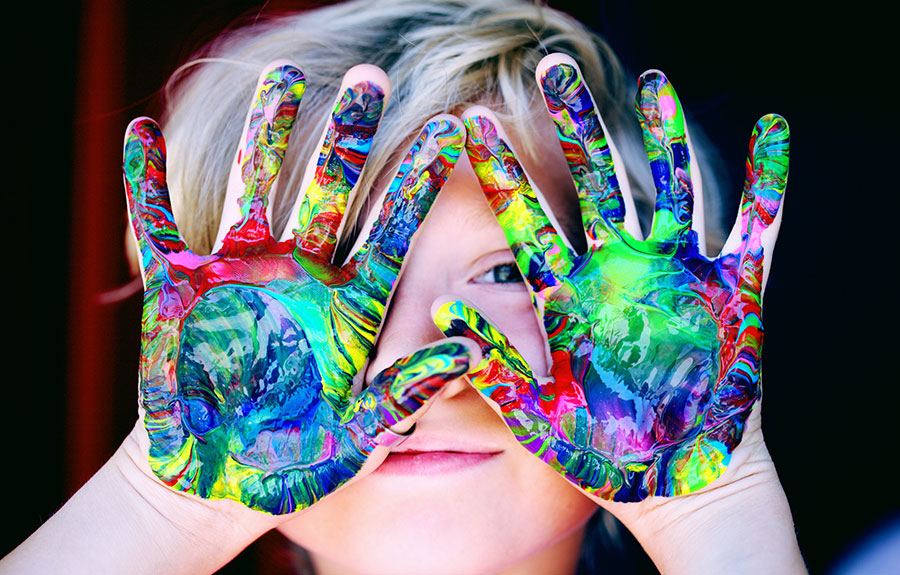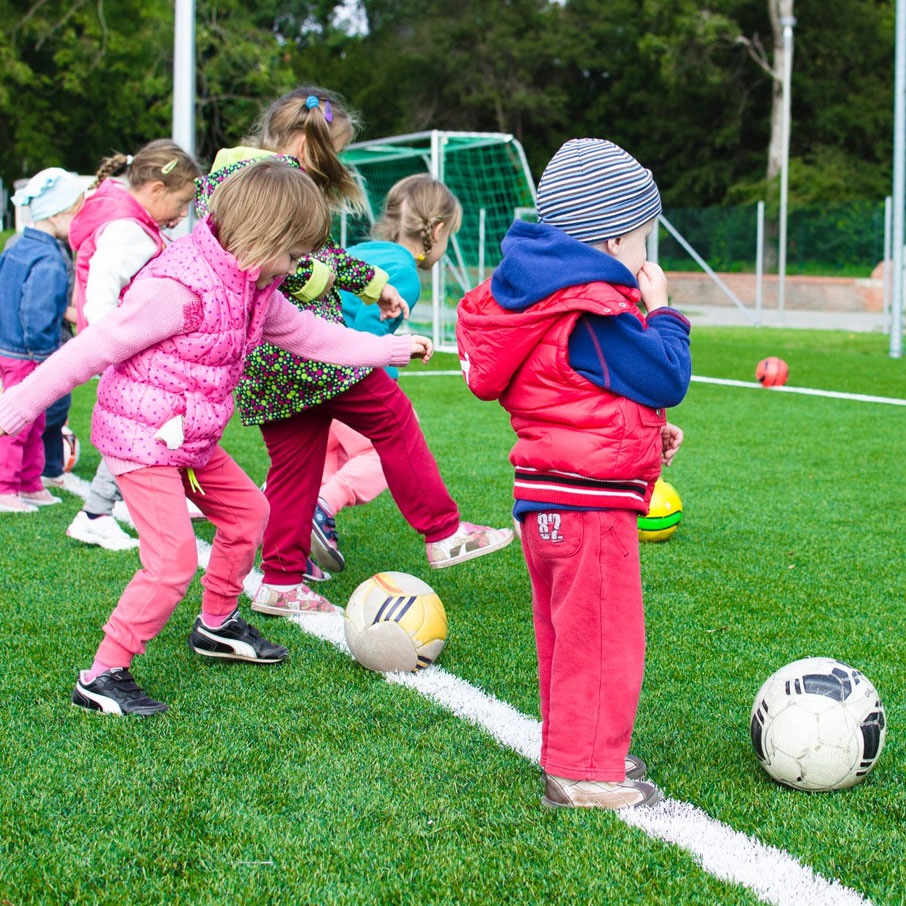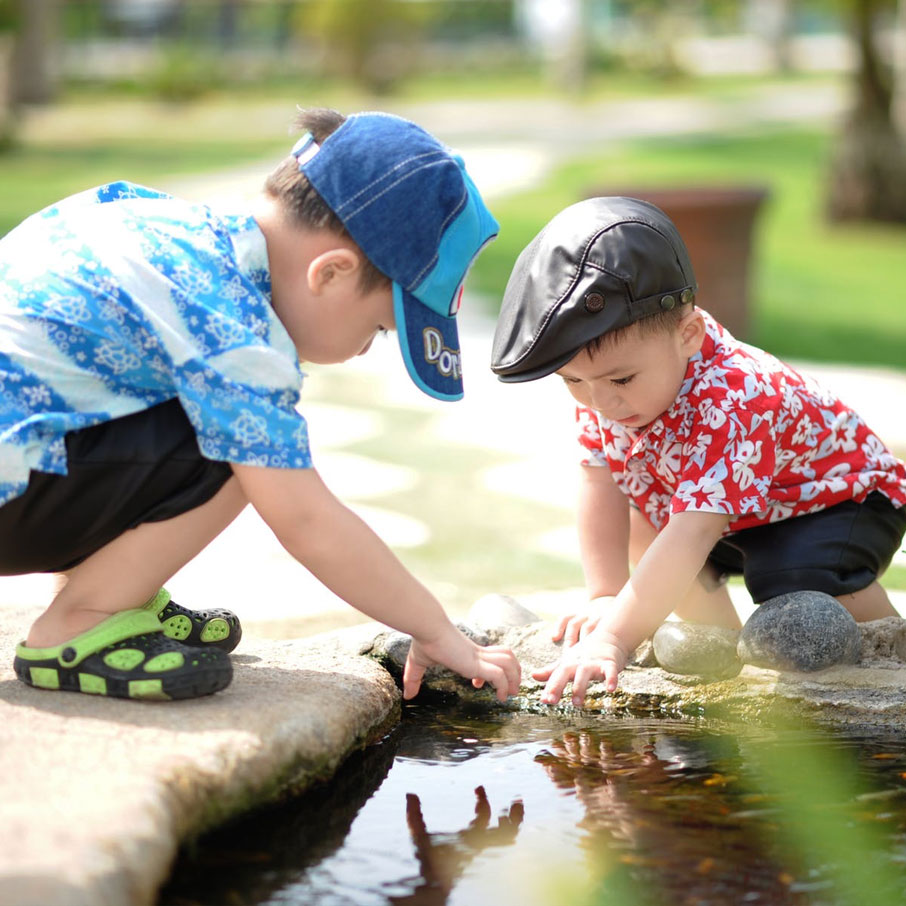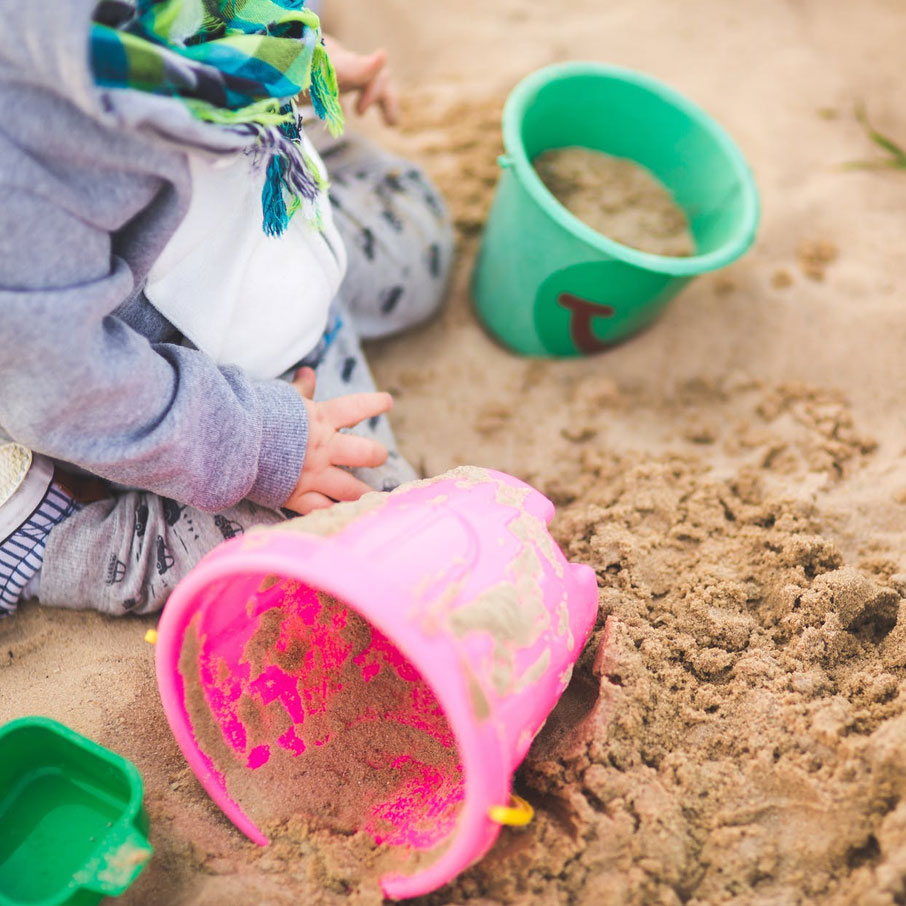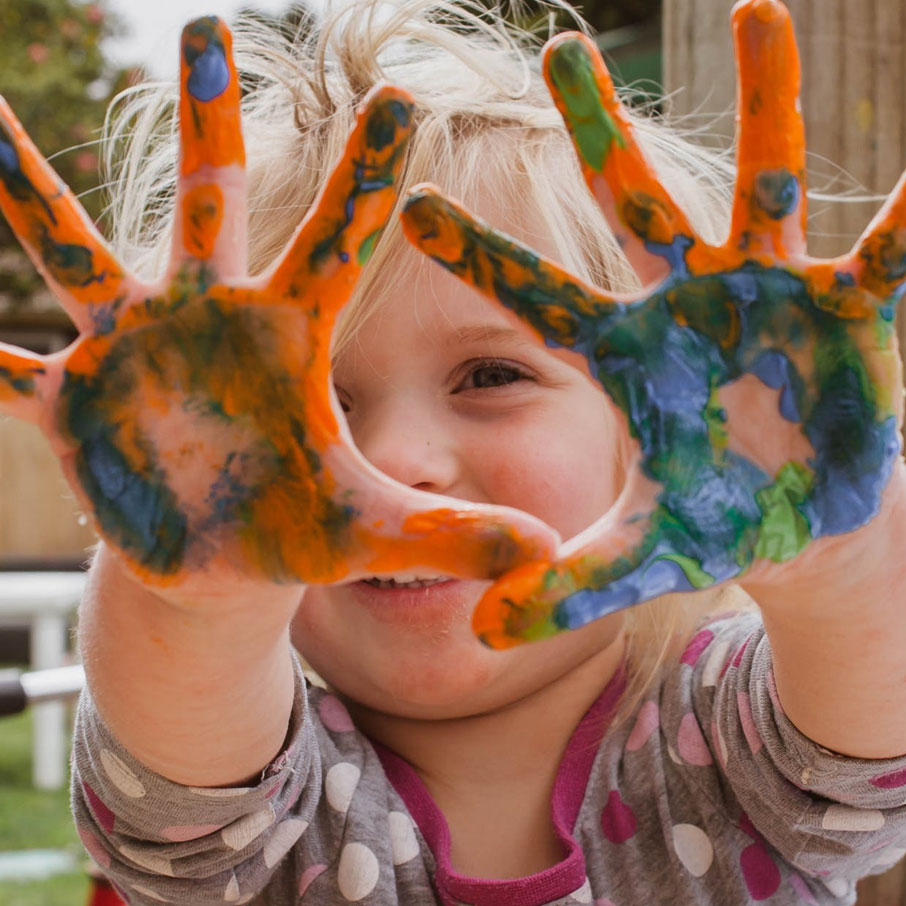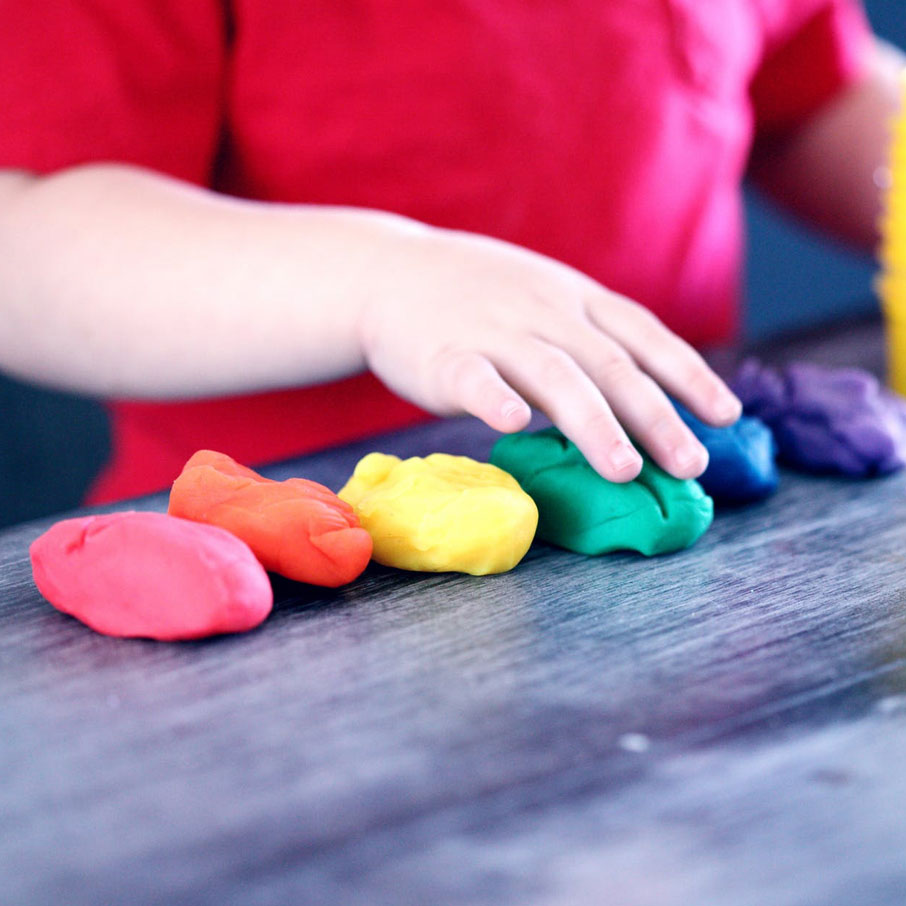Education is a natural process carried out by the child and is not acquired by listening to words but by experiences in the environment.” - Maria Montessori
Montessori is an approach to education based upon the principle that schooling should work with the nature of the child instead of against it. Therefore, education should be based upon scientific study of the child and a resulting understanding of the processes of development and learning.
A great deal of time and care went into preparing the classroom environment. The child's work within this "'prepared environment" consists mainly of using the materials especially designed by Maria Montessori.
The child's motivation and interest in the work comes partly from his ability to actively decide for himself/herself the work with which he/she wishes to become involved in. Montessorians (Teachers) believe the process of the work is important, rather than the product. Ideally, then, the child is motivated for the performance of the activity itself, and not the end result of that activity.
Repetition plays an important role in the child’s process of learning. It is through repetition of an activity that the child learns to perfect himself/herself and his/her skills. The child strives for precision and perfection in order to build his/her own self-esteem and confidence. That is why, in the Montessori environment, the child is able to repeat activities as much as they desire. Each time a child repeats an activity, he/she is gaining confidence in his/her abilities.
Multi-aged classrooms: Children are grouped in multi-age groups spanning two to three years. Multi-age classrooms serve to: encourage cooperation, minimize competition, provide opportunities for indirect learning for younger students as they observe older peers, foster self-confidence in students who serve as role models, and provide long-term child/adult relationships. Educational materials are concrete to aid the child to learn order, to discriminate physical dimensions, provide opportunities to teach responsibility, coordination, and interdependence, and to indirectly prepare for complex abstract concepts.Each child initially responds to an inner urge to develop both knowledge and build identity through spontaneous activity which charts the course for individualized lessons.
Using her background in psychology, and her belief that society could be bettered through the education of children – she developed her approach to education. She also articulated universal laws of development that are inherent to children of all races and cultures. Her timeless method continues to be highly respected internationally.

